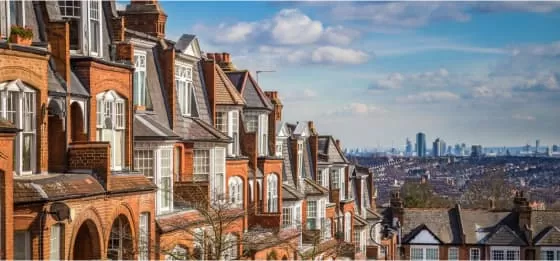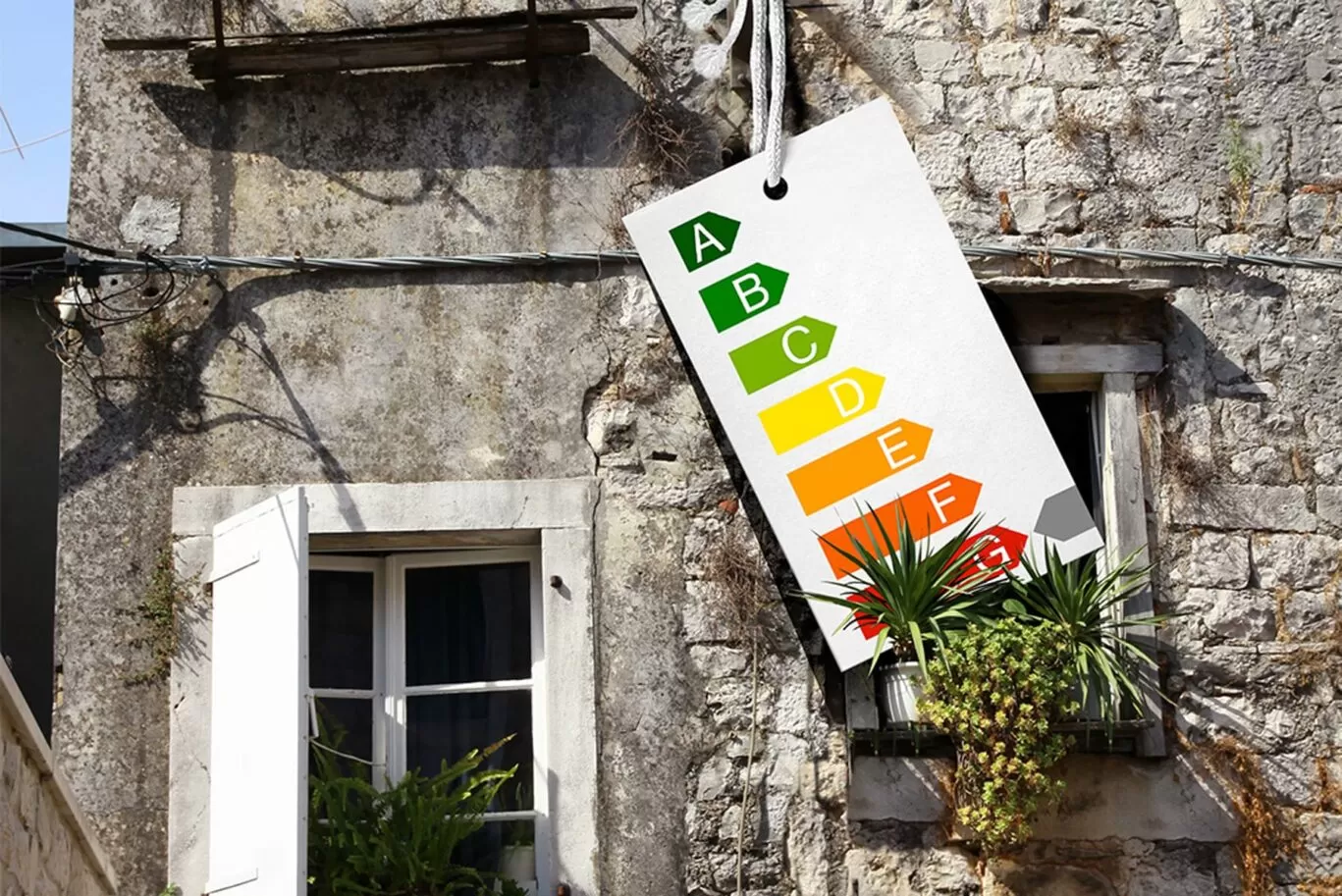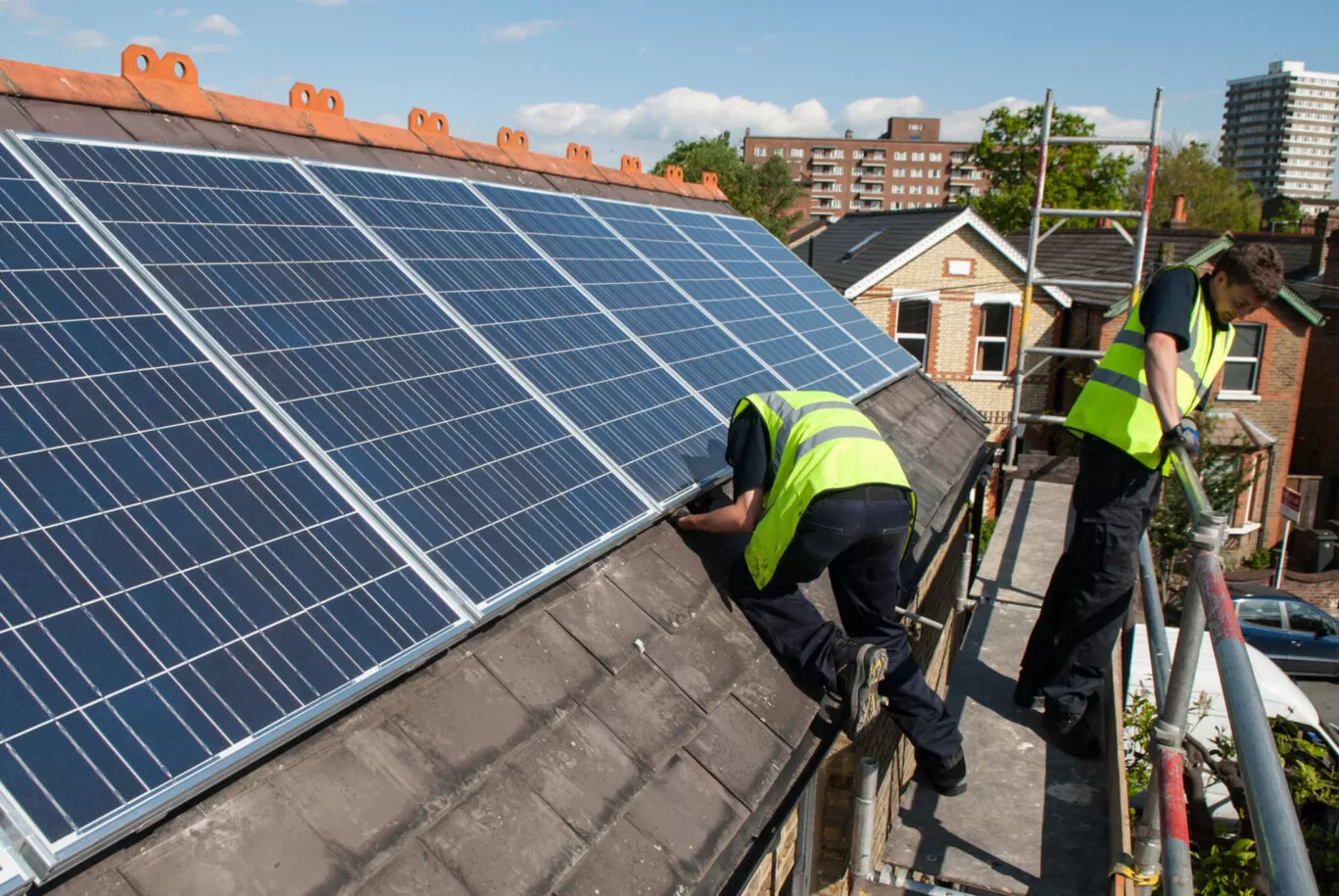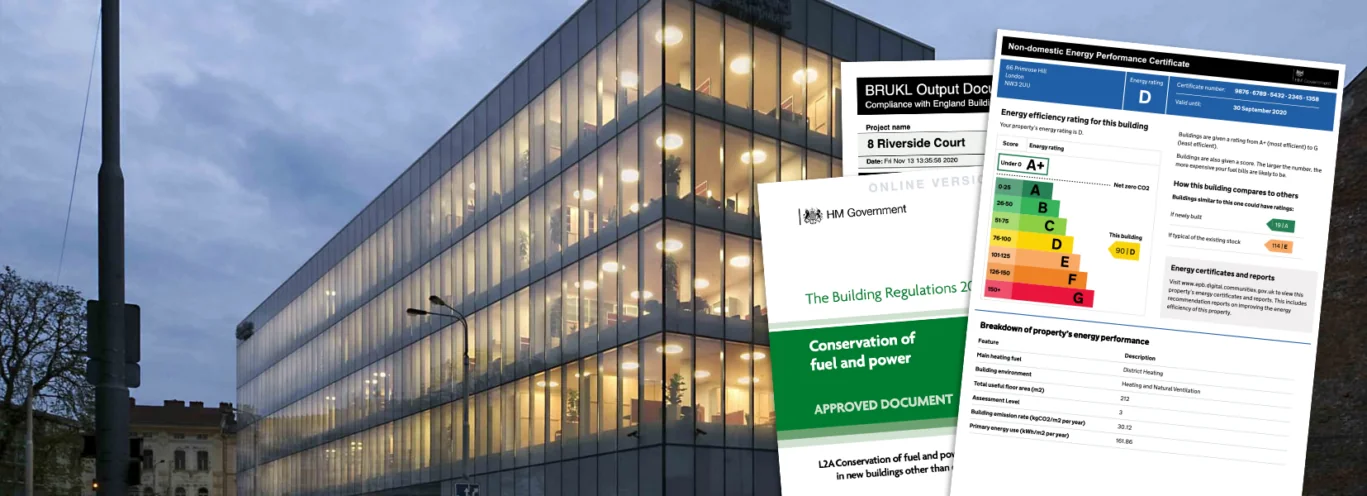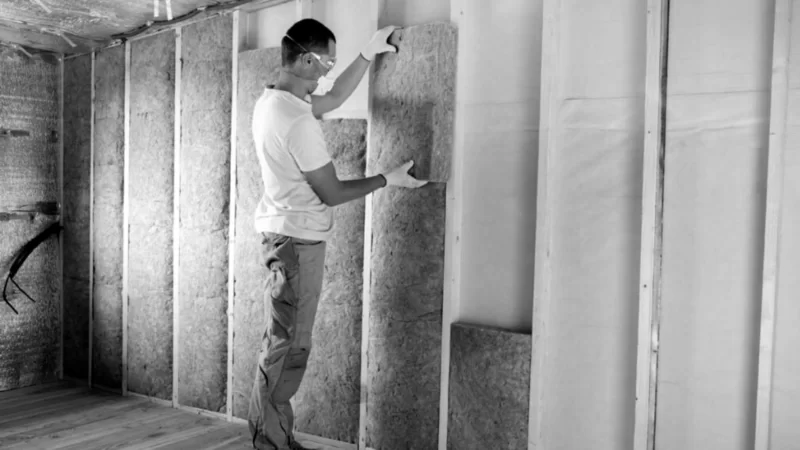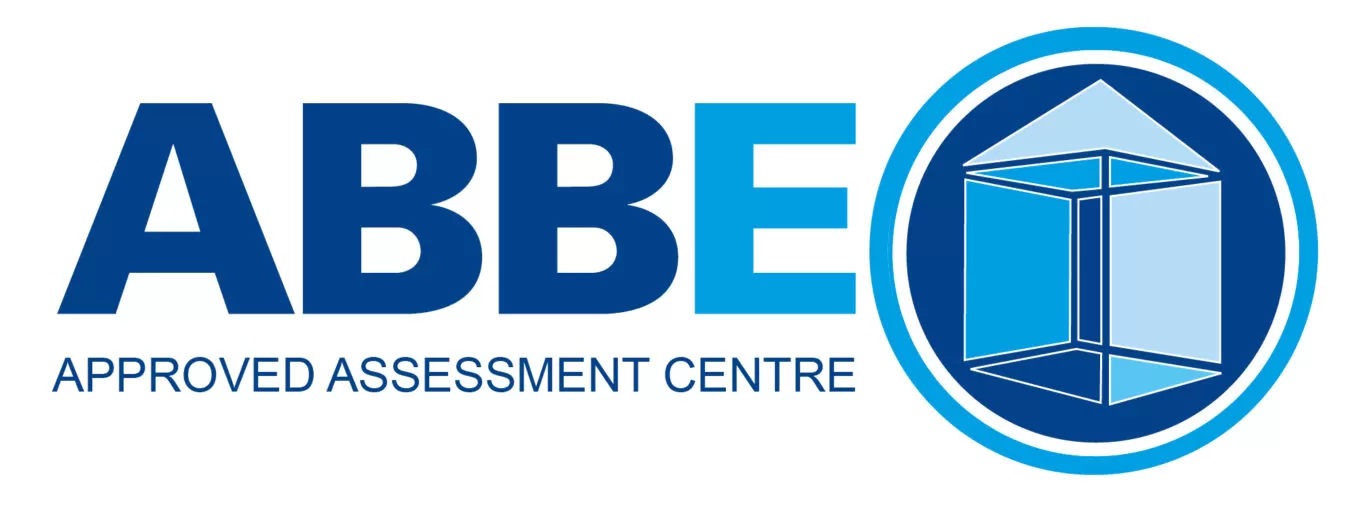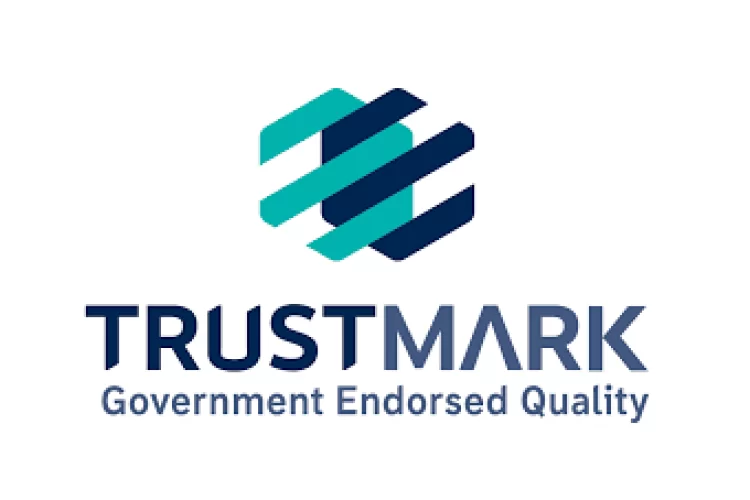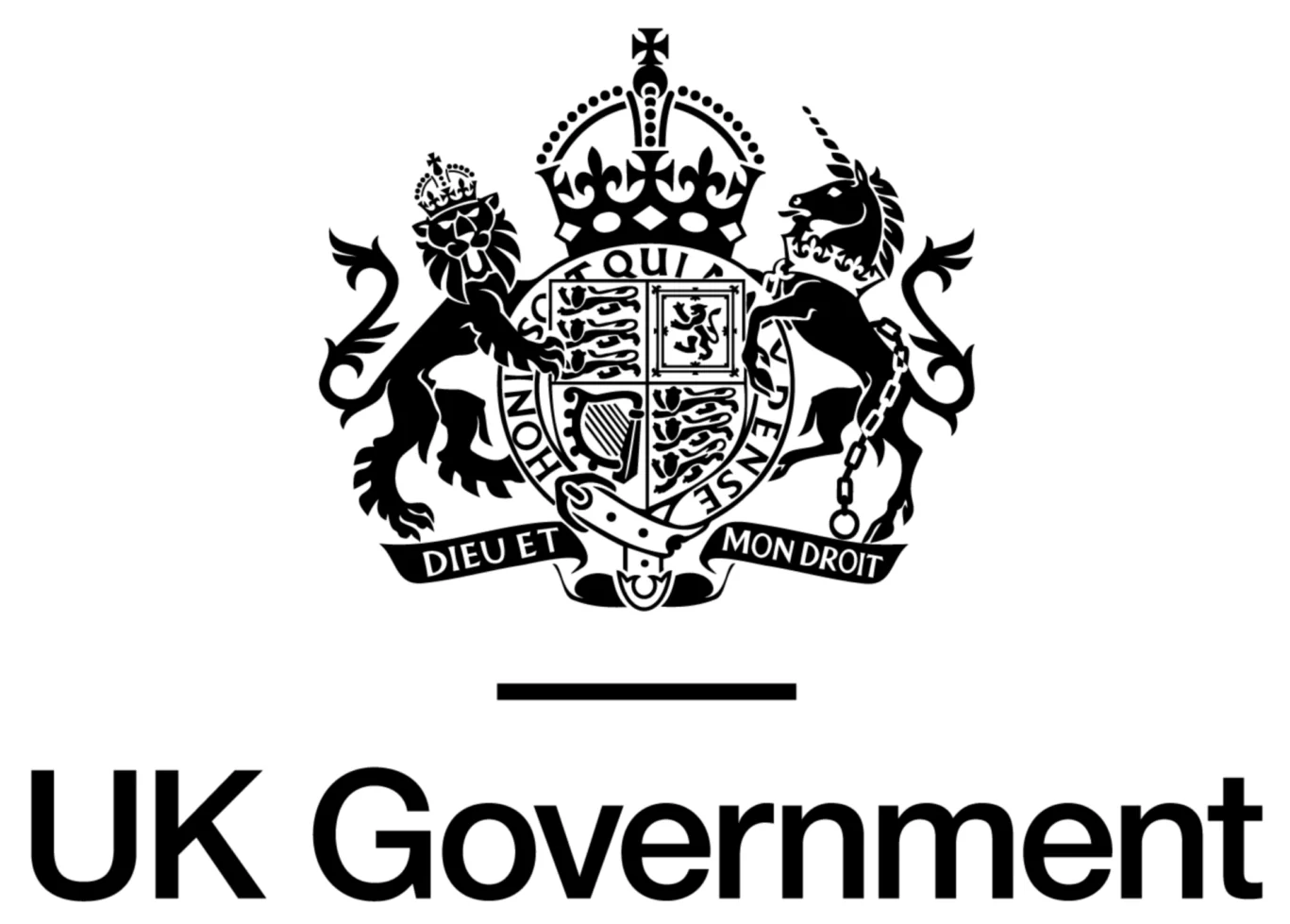In recent years, the term “retrofit” has become increasingly prevalent in the United Kingdom, and for good reason. Retrofit, in the context of energy and sustainability, refers to the process of upgrading and improving existing buildings to make them more energy-efficient. Its significance cannot be overstated, as it holds immense benefits for the United Kingdom, its citizens, and individuals seeking a rewarding career path.
What is Retrofit?
Retrofit is the process of upgrading and improving existing buildings and structures to make them more energy-efficient, environmentally sustainable, and technologically advanced. This involves the installation of modern technologies, such as improved insulation, energy-efficient heating and cooling systems, and renewable energy sources. All of this is done to reduce energy consumption, lower carbon emissions, and enhance the overall performance and comfort of the building.
A Sustainable Future
As the UK strives to meet its ambitious climate goals, retrofitting is a key solution. By upgrading existing structures with modern energy-saving technologies, we can significantly reduce carbon emissions, contributing to the reduction of greenhouse gases and our overall environmental footprint. The UK has pledged to achieve net-zero emissions by 2050, and improving our buildings plays a pivotal role in reaching this target.
Benefits for People and Their Homes
Retrofit not only benefits the environment but also improves the quality of life for homeowners. Upgraded insulation, energy-efficient heating systems, and better ventilation not only cut energy bills but also make homes more comfortable. Reduced energy consumption translates to lower utility costs, ensuring a healthier financial future for homeowners. Plus, a well-insulated home is a warm, cozy haven – especially during the chilly UK winters.
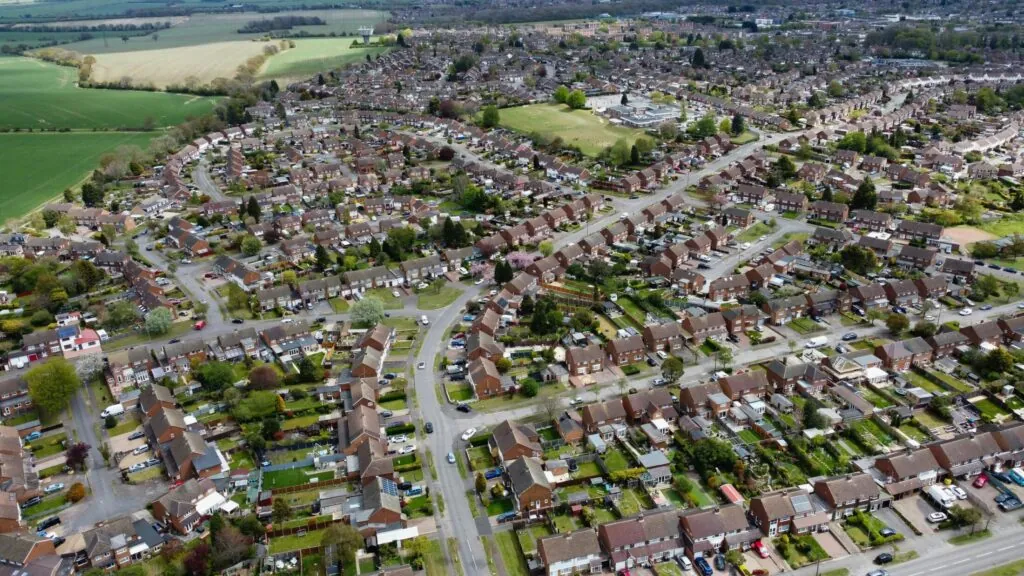
Economic Benefits for the UK
The retrofit industry is a cornerstone of the UK’s green economy. It creates jobs, stimulates local economies, and supports the growth of small businesses. It also bolsters the demand for green technologies and sustainable construction practices, fostering innovation and economic growth.
A Career in Retrofit
For those considering a career change, retrofit offers an exciting and fulfilling path. The Climate Change Committee forecasts a demand for 350,000 retrofit workers by 2028; so becoming a retrofit professional allows you to contribute to a more sustainable future while enjoying job security in a growing industry. Training and certification provide you with the skills and knowledge needed to excel in this field, and there’s a growing demand for experts who can make buildings more eco-friendly.
Consider enrolling on the following courses to level-up your skills and take the next step in your career.
- Level 3 Award in Introduction to Domestic Retrofit
- Level 5 Diploma in Retrofit Coordination and Risk Assessment
- Level 3 Award in Energy Efficiency for Older and Traditional Buildings
- Level 3 Certificate in Domestic Energy Assessment and Retrofit Assessor Training (package for new entrants)
- Retrofit Assessor Training (for existing DEAs)

Funded Retrofit Training
On August 1st 2025, the government is launching their new Warm Homes Skills Programme funding which will make funded PAS2035 & PAS2038 retrofit training available. Click the link below to find out more.


